Dhaka, July 14 (V7N) — The World Bank has reaffirmed its commitment to Bangladesh’s development, pledging continued support for inclusive growth, youth empowerment, and infrastructure development. The assurance came during a meeting between World Bank Vice President for South Asia Johannes Jutt and Chief Advisor Dr. Muhammad Yunus at the State Guest House Jamuna on Sunday night.
Jutt, accompanied by Jean Pesme, the newly appointed World Bank Country Director for Bangladesh and Bhutan, praised Bangladesh’s economic potential and emphasized the importance of regional collaboration. He also recalled his earlier role as the Bank’s Country Director from 2013 to 2015, expressing personal attachment to the country.
“If Bangladesh moves forward, South Asia moves forward,” said Jutt. “We cannot move ahead in isolation. Improving our trade routes and maritime infrastructure is crucial to shared prosperity.”
Yunus Hailed for Economic Reforms and Women Empowerment
During the meeting, Chief Advisor Dr. Yunus was commended for the interim government’s reform initiatives in the economic sector. Jutt also lauded Yunus for his pioneering role in women’s empowerment, referencing the World Bank-supported scholarship program for girls in Bangladesh, which has since been replicated in other countries.
“We will stand beside Bangladesh,” Jutt emphasized. “Bangladesh can be a global manufacturing hub. We want industries to invest here, and we are ready to provide necessary assistance to support that vision.”
$3 Billion Disbursed, More Support Ahead
Jutt announced that the World Bank disbursed over $3 billion in Bangladesh in the last fiscal year and pledged to maintain a similar level of funding over the next three years.
“Youth development, employment, and education will be central to our upcoming partnership initiatives,” he added.
Container Terminal Progress and FDI Growth
Lutfe Siddiqui, Special Envoy to the Chief Advisor on International Relations, also briefed the delegation on the New Mooring Container Terminal (NCT) at Chittagong Port. He said operational efficiency had significantly improved under the new management system, leading to an uptick in container handling capacity.
He also noted that Bangladesh saw a notable rise in net foreign direct investment (FDI) during the January–March 2025 quarter, fueled by robust intra-company loans and equity investments.
“Our goal is to make our ports globally competitive and boost Bangladesh’s standing as a regional logistics hub,” Siddiqui said.
The high-level meeting concluded with both parties agreeing to enhance cooperation in key areas, including economic resilience, job creation, and regional integration.
END/RH/AJ



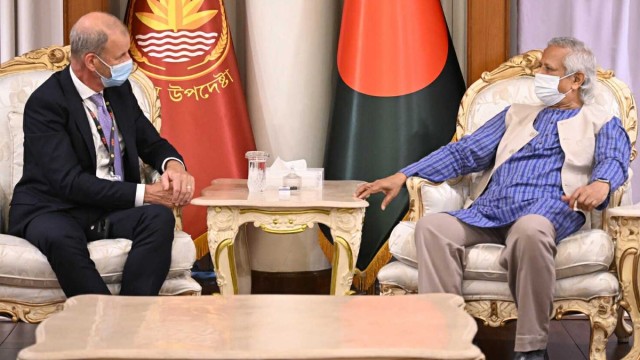

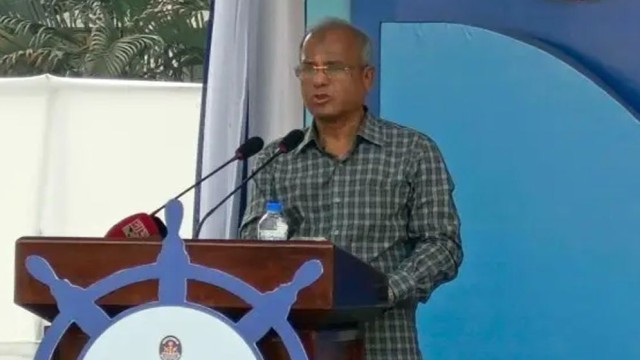
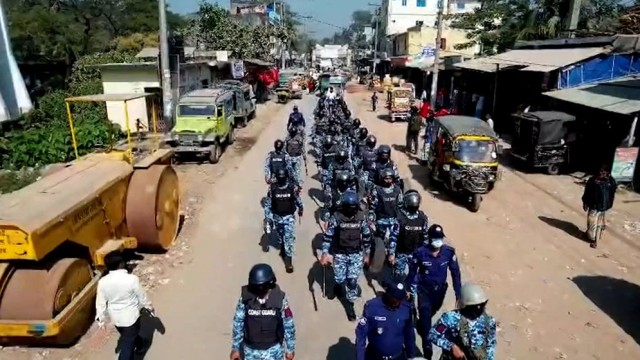

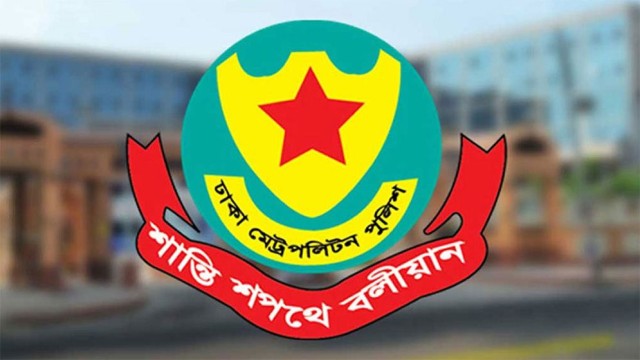
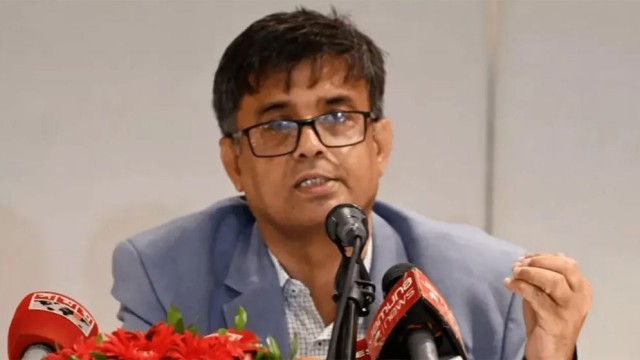






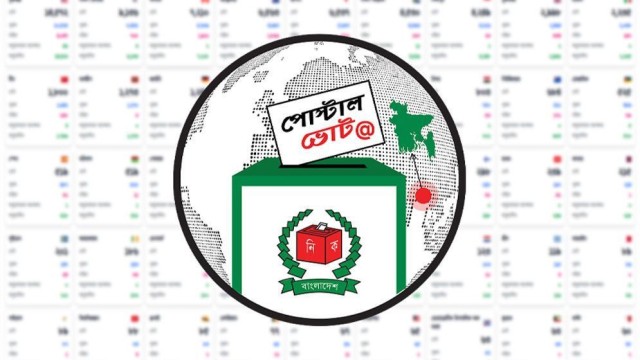
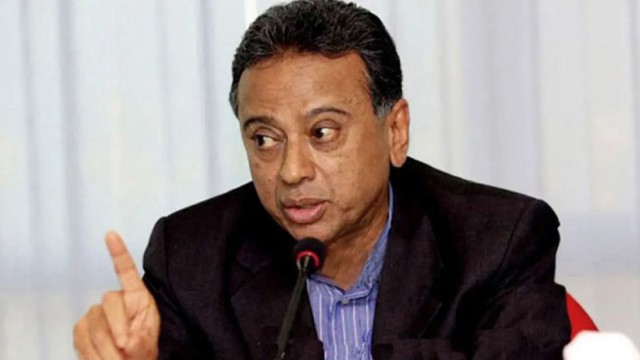

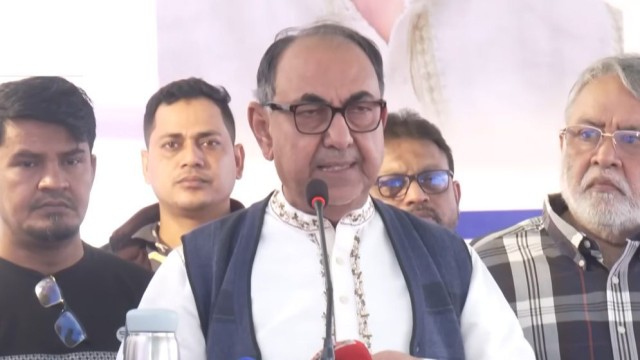








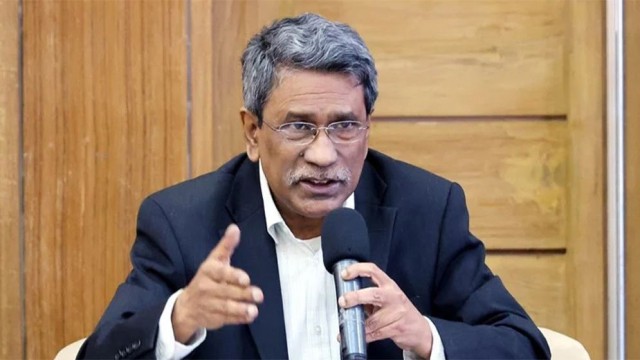


Comment: